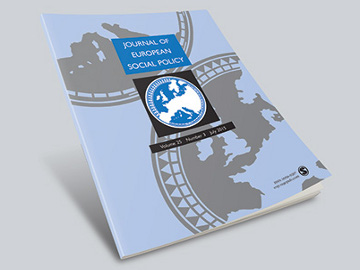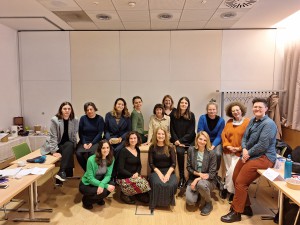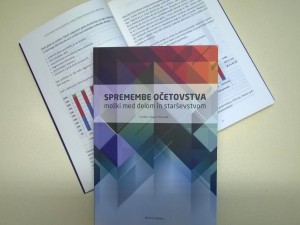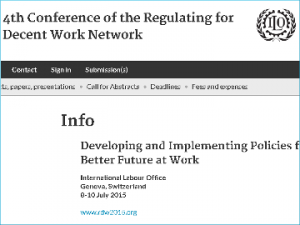Majda Hrženjak in Journal of European Social Policy compares childcare and eldercare in Slovenia

Majda Hrženjak, researcher at the Peace Inistute, published article Multi-local and cross-border care loops: Comparison of childcare and eldercare policies in Slovenia in Journal of European Social Policy. The article provides a comparative analysis of two different care systems, childcare and eldercare, in Slovenia, an Eastern-European post-transition country, with a dual-breadwinner full-time employment regime, a relatively low level of migration and a fast growing share of the 65+ population. The analysis shows that both care systems follow two different kinds of logic of egalitarianism, which means that the national care regime is internally diversified. While care for children is public, universally accessible and defamilialistic, care for the elderly follows the principles of marketization, economy-based inequality in access and familialization. Such policies also have different implications for care mobilities: while childcare demands daily transfers between multi-local sites of care, which remained confined within the state borders, eldercare increasingly demands cross-border care loops. The comparison of both care systems along with the empirical evidence on the presence/absence of migrant care workers in care support the thesis that cross-border care mobilities emerge at points where the state with its policies is failing to adequately meet care needs of the citizens.




